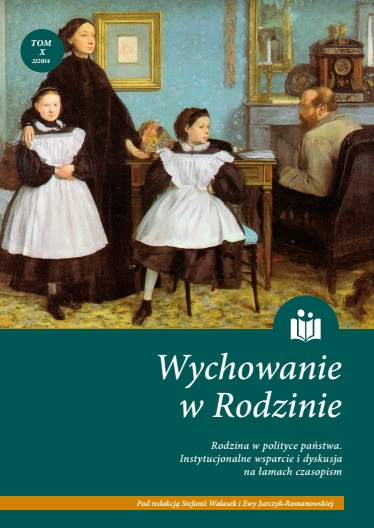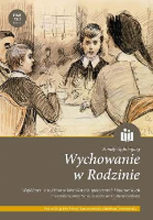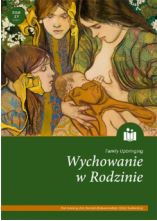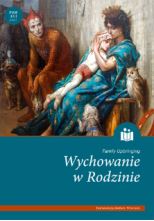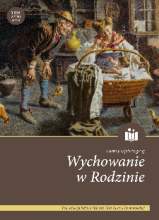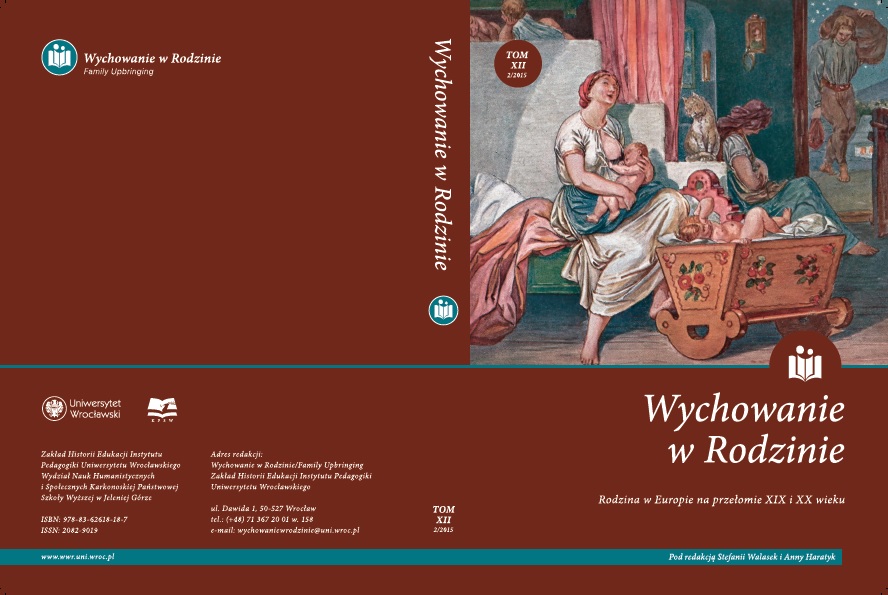
The role and functions of a family in Polish economists’ writings at the turn of the XIXth. century.
Rola i funkcje rodziny w pismach polskich ekonomistów na przełomie XIX i XX wieku
Keywords: functions of a family; economists; Zofia Daszyńska-Golińska; Ludwik Krzywicki
The changes in the social and economic life in Poland at the turn of the XIXth century changed and influenced also the functioning of the family, marked new norms, influenced the modification of the values connected with family life and also determined the transformations of the functions and tasks fulfilled by the family. Still, the role ofthe family which functioned according to the law, was to fulfill numerous tasks serving the family itself and the whole of society. A family was prescribed not only intrinsic values but also utilitarian values which were to serve the country and society. At theturn of the XIXth century the family became the object of interest to intellectuals, publicists and social activists which resulted in a number of normative, descriptive and theoretical publications. In social discourse on the family an important role was played by economists who wrote about complex family functions concentrating on economic stratification and educational and protective aspects. The issues were taken up by Galician (Eastern Europe) scientists: Stanisław Głąbiński and Adam Krzyżanowski and intellectuals from the Kingdom of Poland who dealt with social and economic issues: Ludwik Krzywicki, Zofia Daszyńska-Golińska, Aleksander Wóycicki. The aim of the discussion was a diagnosis of the described situation and pointing to the right supportof poor and neglected families. Some experts in the reborn Poland researched theoretically and practically the issues of social and educational policy. The solutions describedin scientific magazines, in expert and social magazines could, therefore, be introduced in life. During the times of the Second Republic the ideas frequently influenced the policy of the country concerning the support of families in their basic functions.
More...
